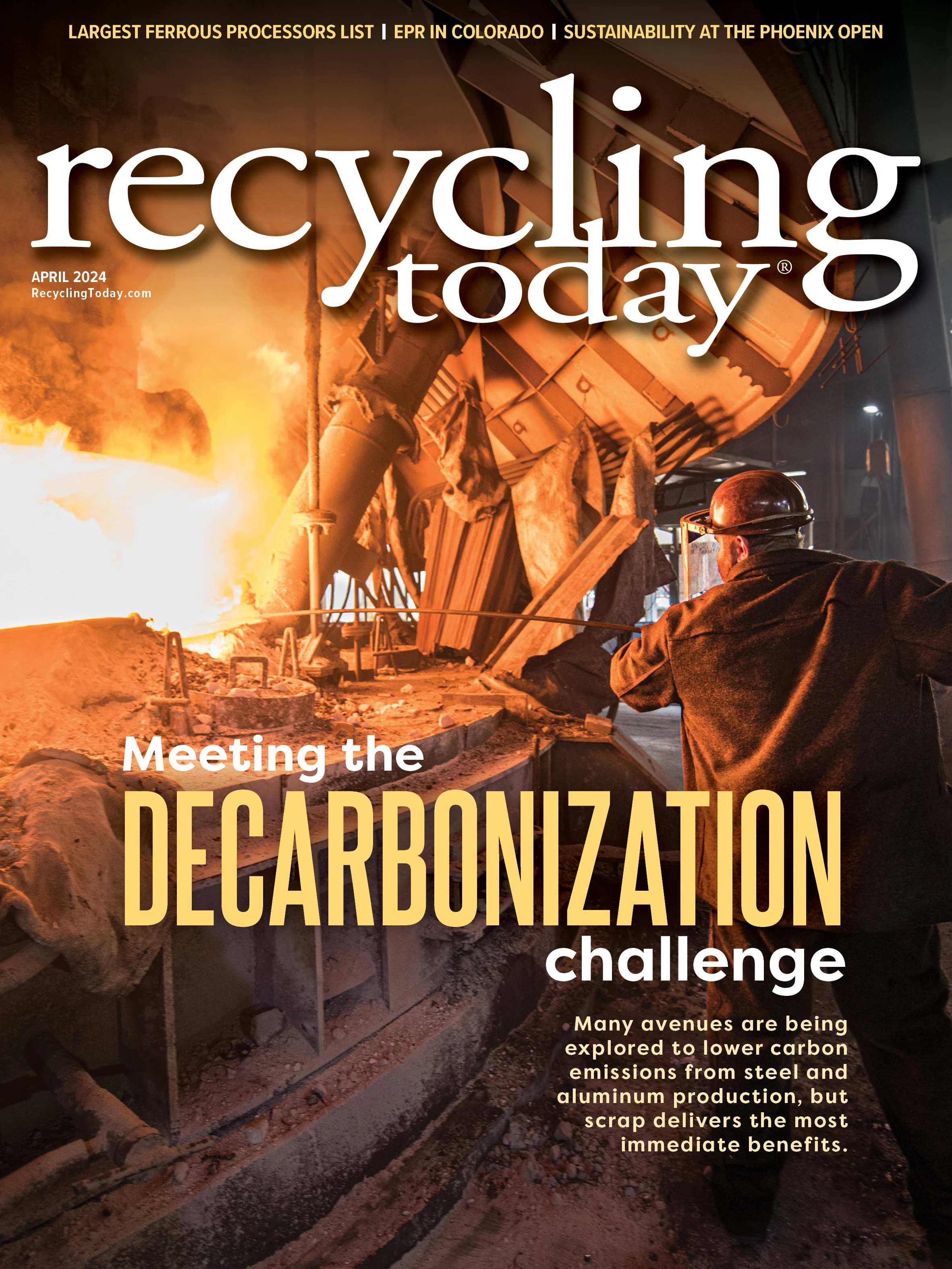
The same scrap processors that can be the target of “not in my back yard” complaints from neighbors likely have been happier to hear encouraging words from policymakers regarding recycled-content materials.
Regarding aluminum, Greg Wittbecker of Wittsend Commodity Advisors says recycled-content metal has near-consensus approval as a basic material that can be produced with fewer carbon emissions. (For more from Wittbecker, see “Obsolete scrap: Linchpin to decarbonization.”)
Groups such as the London Metal Exchange, CME and S&P Global have laid the groundwork to create premium pricing for recycled-content materials, and the urgency to lower carbon footprints, judging by corporate and governmental commitments, seems even more firmly established, with the U.S. Securities and Exchange Commission among those recently weighing in with emissions guidelines.
Secondary commodity markets historically have been pinned to supply and demand conditions, and not all processors and traders could be eager to see additional speculation influence the markets.
At the same time, if recycling companies indeed are being asked to help save the planet from an unstoppable greenhouse effect caused by too much carbon in the atmosphere, some could be wondering when this noble effort will create a payoff.
"If recycling companies are indeed being asked to help save the planet, some could be wondering when this noble effort will create a payoff.”
Over the past year, questions along these lines have been asked, including by a CEO of a steelmaker questioning why the value of ferrous scrap has been disappointing lately. While plastics recyclers in Europe have been asking if recycled-content scrap flowing in from Asia is even legitimately recycled material.
The first observation came from Cleveland-Cliffs CEO Lourenco Goncalves, who said to analysts earlier this year, “Going forward, and assuming a fair scrap marketplace—free from artificial, provoked and hard-to-explain moves—with scrap demand growing and scrap supply shrinking, there is no good reason for scrap prices to go down.”
That second question could be germane in the U.S., as well, with ICIS recently reporting that in 2023, 33 percent more polyethylene terephthalate (PET) scrap flowed into the U.S. compared with the previous year—that in a nation that still has plenty of domestic PET to recover.
If using recycled content is part of the answer to keep carbon out of the atmosphere, questions about why the rewards don’t always match their savior status could continue to be asked.

Explore the April 2024 Issue
Check out more from this issue and find your next story to read.
Latest from Recycling Today
- Athens Services terminates contract with San Marino, California
- Partners develop specialty response vehicles for LIB fires
- Sonoco cites OCC shortage for price hike in Europe
- British Steel mill’s future up in the air
- Tomra applies GAINnext AI technology to upgrade wrought aluminum scrap
- Redwood Materials partners with Isuzu Commercial Truck
- The push for more supply
- ReMA PSI Chapter adds 7 members






